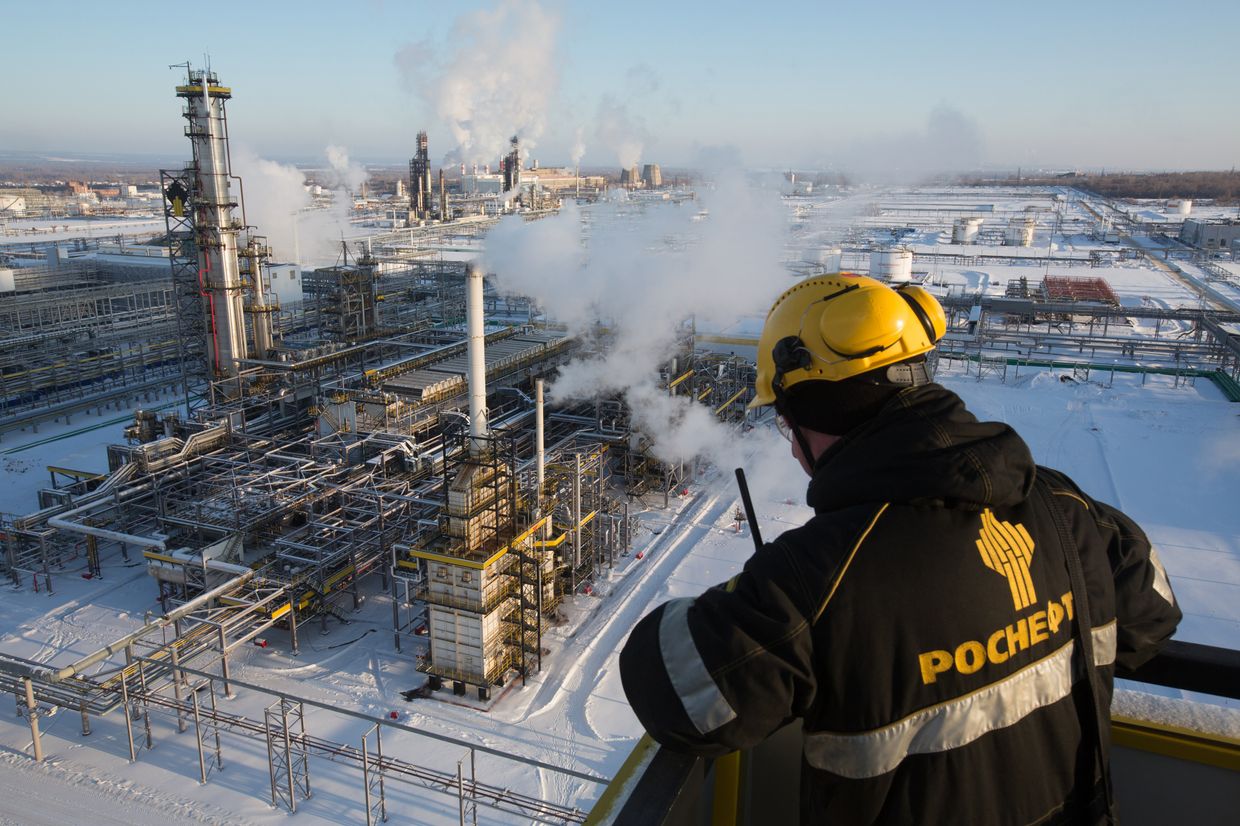Slovakia, Hungary refuse to cut Russian energy imports without viable alternatives, Bloomberg reports

Slovakia and Hungary said they will not bow to pressure from U.S. President Donald Trump to reduce imports of Russian oil and gas unless the European Union secures sufficient alternative energy supplies, Bloomberg reported on Sept. 17.
The statements follow Trump’s recent comments pledging tougher sanctions on Moscow, but only once European allies fully halt purchases of Russian oil, one of the Kremlin’s primary sources of revenue during its full-scale invasion.
Landlocked and sharing a border with Ukraine, Slovakia and Hungary have long relied on Russian oil and gas. Following Russia’s full-scale invasion of Ukraine in 2022, both countries began pursuing a range of energy diversification efforts.
"Before we can fully commit, we need to have the right conditions in place — otherwise we risk seriously damaging our industry and economy," Slovak Economy Minister Denisa Sakova told reporters in Bratislava on Sept. 17.
Sakova emphasized that developing infrastructure is essential for supporting alternative energy supply routes, adding that she had clearly conveyed Slovakia’s position during a recent meeting with U.S. Energy Secretary Chris Wright in Vienna.
According to Sakova, the Trump administration official expressed understanding and acknowledged the need for the U.S. to help stimulate energy projects in Europe.
"As long as we have an alternative route, and the transmission capacity is sufficient, Slovakia has no problem diversifying," Sakova said.
However, the minister warned that a complete halt to Russian energy imports would be risky, as Slovakia sits at the far end of the EU’s western supply routes.
Hungary, in turn, continues to oppose EU sanctions on Russia that could endanger its energy security.
"When it goes against Hungarian interests directly, such as on energy purchases, then we’ll veto," Hungarian Cabinet Minister Gergely Gulyas said at a press briefing in Budapest, reaffirming the government’s stance.
Hungarian Prime Minister Viktor Orban, Trump's close ally, and Slovak Prime Minister Robert Fico have been the most vocal opponents of cutting energy ties with Russia. Hungary and Slovakia are the last two EU members still purchasing Russian oil via the Druzhba pipeline.
EU Commission President Ursula von der Leyen previously said Brussels was considering accelerating its phase-out of Russian fossil fuels sooner than 2027, as initially planned, as part of a new round of sanctions against Moscow on Sept. 10.
The Trump administration has also reportedly urged other G7 members to adopt 50-100% tariffs on China and India — the leading buyers of Russian oil — to pressure Russian President Vladimir Putin to the negotiating table.













